Indian Prime Minister Narendra Modi's participation in the expanded G7 Summit (May 19-21) at the invitation of host country Japan and his performance there speaks volumes.
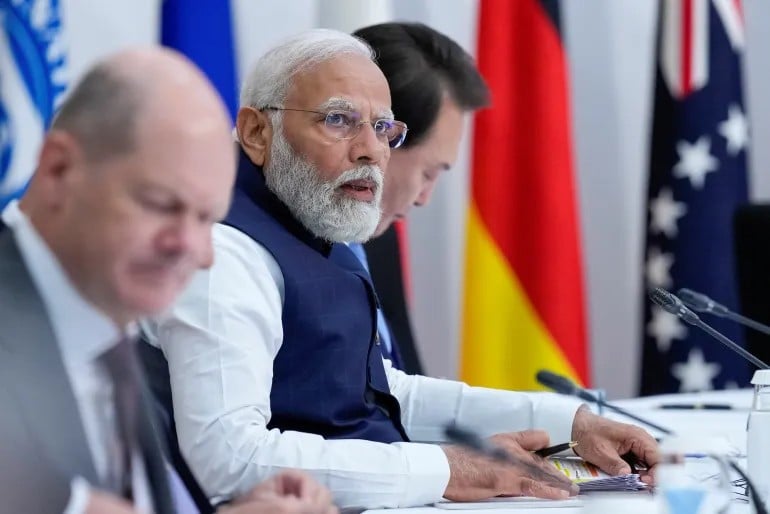 |
| Indian Prime Minister Narendra Modi speaks at the expanded G7 Summit on May 20 in Hiroshima, Japan. (Source: Reuters) |
Working together in the face of a rising China
Just hours before the Quad meeting and the G7 Summit in Japan on May 20, Prime Minister Modi affirmed that India supports respect for sovereignty and compliance with international law.
In an interview with the Japanese newspaper Yomiuri Shimbun in Hiroshima, Mr. Modi said: “India strives to protect its sovereignty and territorial integrity and promotes peaceful resolution of maritime disputes based on international law,” referring to China's military activities in the East Sea and the East China Sea.
Standing before the media at the G7 Summit, Prime Minister Modi also sought to attract G7 members and the Quad group to focus on China's actions in the Indo-Pacific region, including the East Sea.
As India holds the presidency of the Group of 20 (G20), Prime Minister Modi must undertake an important diplomatic mission to achieve much stronger cooperation between the G20 and G7 to deal with a rising China, the Yomiuri Shimbun reported.
In the same press interview in Japan, Mr. Modi emphasized that the G7 and G20 Summits are “important platforms for global cooperation.”
“As the G20 Presidency, India will represent the views and priorities of the Global South at the G7 Hiroshima Summit. Enhanced cooperation between the G7 and G20 is crucial in addressing global challenges such as climate change, supply chain disruptions, economic recovery, energy insecurity, healthcare, food security, peace and security,” the leader said.
The Sunday Guardian said that Prime Minister Modi's mention of cooperation between the G7 and G20 for "peace and security" should be seen in the context of his plan to unite the global community to deal with a rising China, which impacts world security and peace.
Prime Minister Modi raised all these points during his bilateral meeting with his Japanese counterpart Kishida Fumio in Hiroshima, and discussed with the Japanese leader the challenges in the Indo-Pacific, sources said.
Analysts consider this a diplomatic move prepared by Prime Minister Modi to attract support from G7 countries against Beijing's actions in the East Sea or East China Sea.
The upcoming G20 summit in New Delhi will showcase the Japanese government's efforts to ensure coordination among various groups to respond to security challenges in the Indo-Pacific region, including the South China Sea.
India - a potential partner
Prime Minister Narendra Modi's presence in Hiroshima also shows that the G7 desperately needs India's cooperation to realize the group's future goals.
India, as this year’s G20 Chair, is positioning itself as a leader of the global South. At this year’s G7 Summit, Indian Prime Minister Modi issued a 10-point call for action, including creating an inclusive food system that focuses on the world’s most vulnerable farmers; strengthening the global fertilizer supply chain by removing political barriers; developing resilient health care systems; pursuing comprehensive health care systems and traditional medicine; and promoting digital health to ensure universal health coverage…
Most G7 countries, not just the US and Japan, are developing policies that are more closely aligned with the Indo-Pacific region. In recent years, the UK, France and Germany – European G7 members – have developed their own Indo-Pacific strategies. Recently, Italy has also shown a tendency to engage in this region.
With the global economic and geopolitical center of gravity shifting to the Indo-Pacific, G7 countries are keen to benefit from the economic opportunities the region offers. However, the Indo-Pacific has its own challenges with a China expanding its economic and strategic footprint.
For Western countries, New Delhi has emerged as a major strategic partner, especially in the Indian Ocean part of the Indo-Pacific region.
Source


![[Photo] National Assembly Chairman Tran Thanh Man chairs the 8th Conference of full-time National Assembly deputies](https://vphoto.vietnam.vn/thumb/1200x675/vietnam/resource/IMAGE/2025/9/29/2c21459bc38d44ffaacd679ab9a0477c)


![[Photo] General Secretary To Lam receives US Ambassador to Vietnam Marc Knapper](https://vphoto.vietnam.vn/thumb/1200x675/vietnam/resource/IMAGE/2025/9/29/c8fd0761aa184da7814aee57d87c49b3)
![[Photo] General Secretary To Lam attends the ceremony to celebrate the 80th anniversary of the post and telecommunications sector and the 66th anniversary of the science and technology sector.](https://vphoto.vietnam.vn/thumb/1200x675/vietnam/resource/IMAGE/2025/9/29/8e86b39b8fe44121a2b14a031f4cef46)
![[Photo] Many streets in Hanoi were flooded due to the effects of storm Bualoi](https://vphoto.vietnam.vn/thumb/1200x675/vietnam/resource/IMAGE/2025/9/29/18b658aa0fa2495c927ade4bbe0096df)
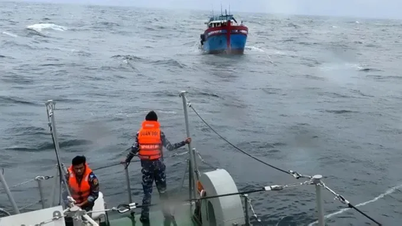



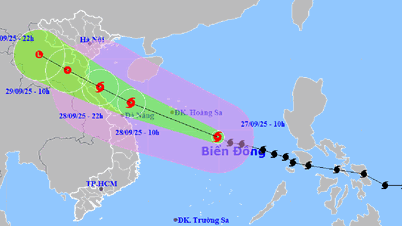


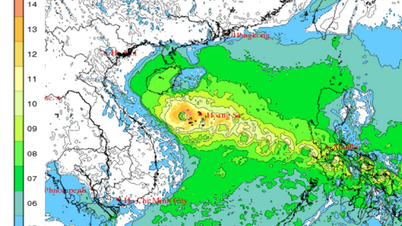




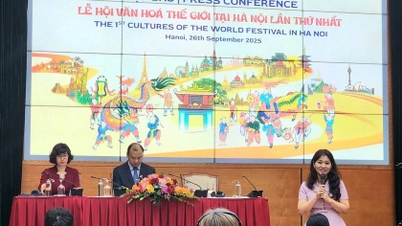
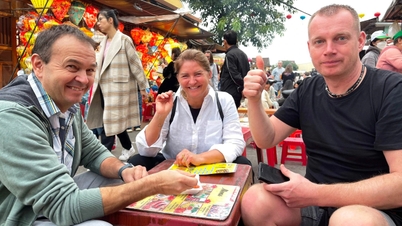
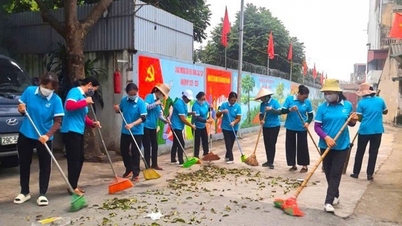






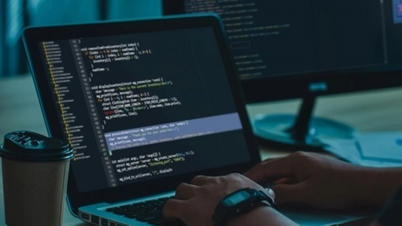
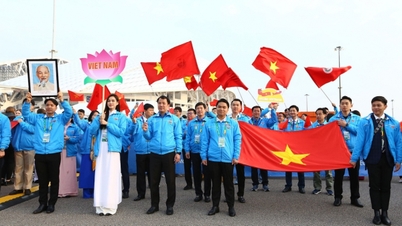
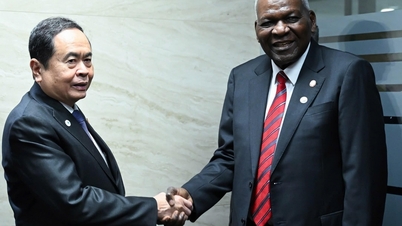










































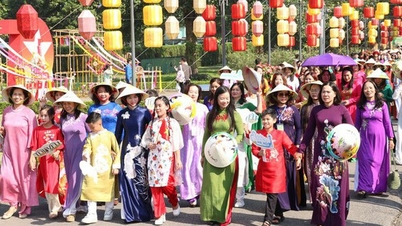
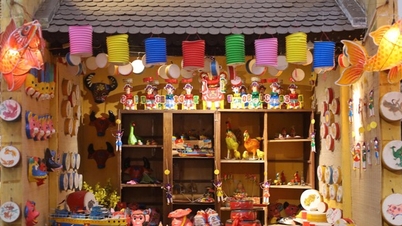



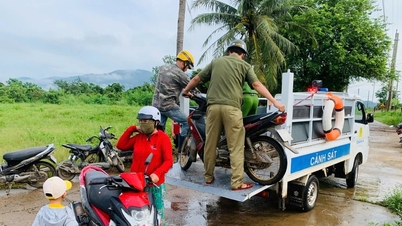

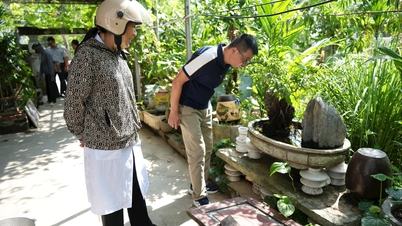
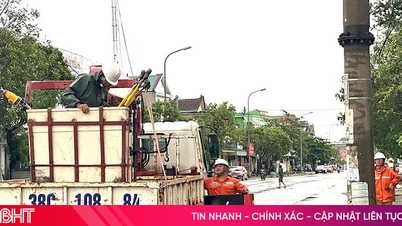

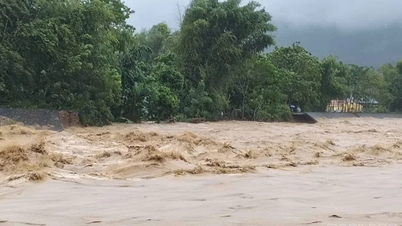












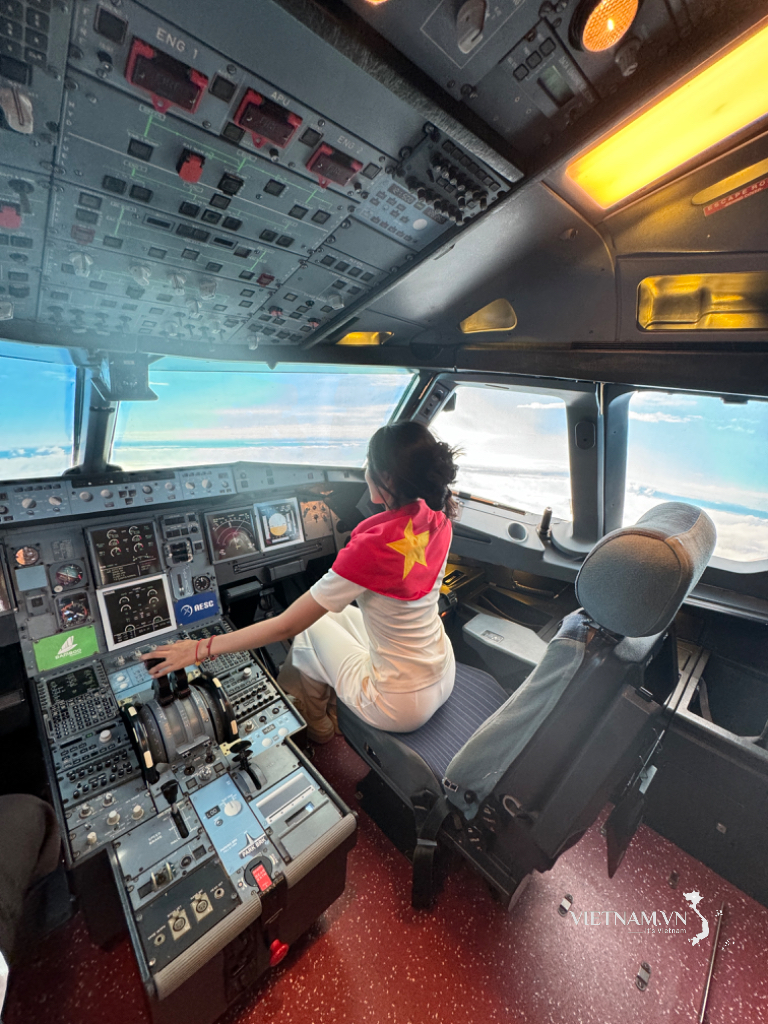


Comment (0)